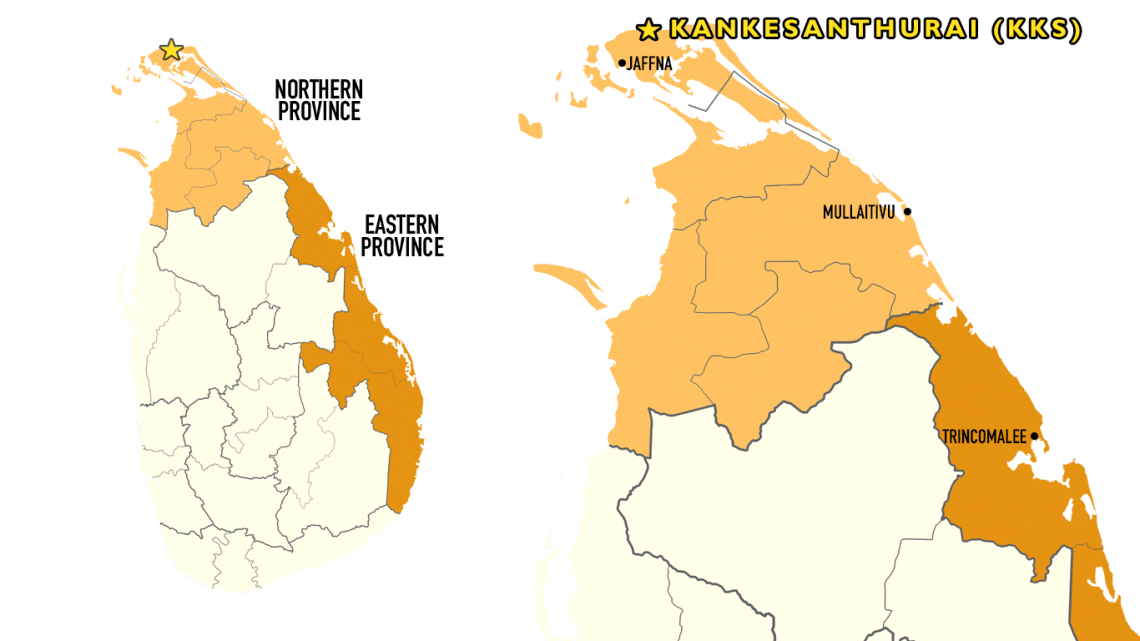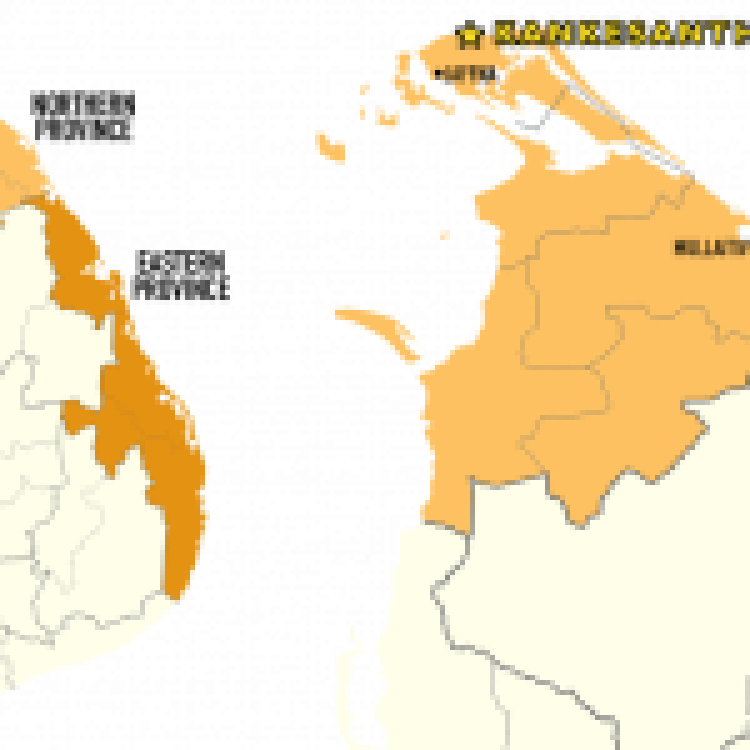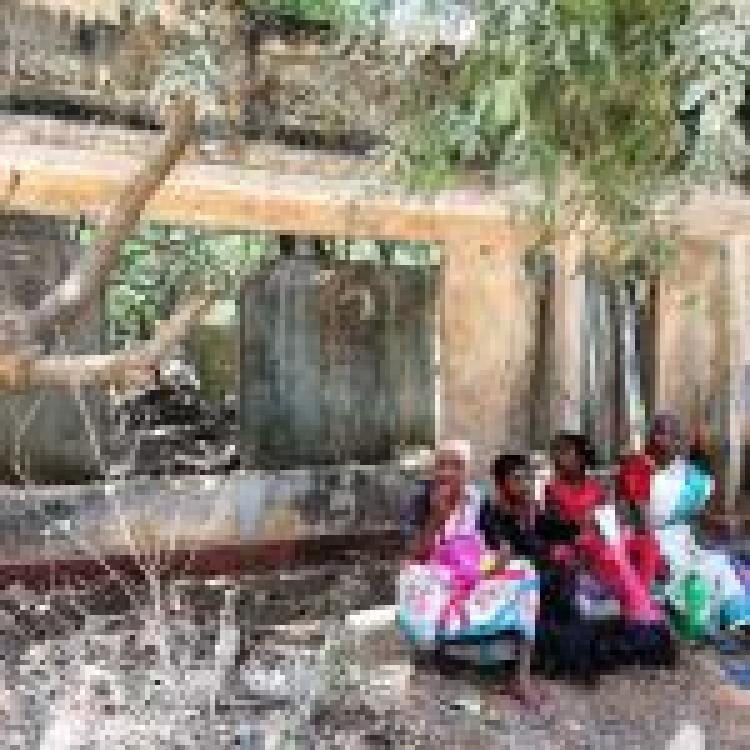
A passenger ferry service between Kakesanthurai (KKS), Jaffna, and Tamil Nadu is set to be launched by the end of April this year.
According to the Ports, Shipping and Aviation Minister, Nima Siripala de Silva, the Indian authorities will be handling ferry services, whilst the Sri Lankan government will be facilitating the process.
Speaking to the Sunday Times, de Silva stated that over Rs 100 million has been spent for the construction of a customs and immigration area.
The ferry is estimated to carry 120 passengers with the capacity to be expanded in the future.
The ferry service between both countries had previously operated between Talaimannar and Rameshwaram, but was suspended in 1981.
Sinhalisation of Kankesanthurai (KKS)
Following the closure of the ferry service in 1981, KKS fell under Sri Lanka's Naval control between 1983 and 1993. People for Equality and Relief in Lanka (PEARL) has highlighted in a report from 2020 that this militarization follows a long history of economic discrimination.
Through forced displacement, Bhuddhisization, militarization, and economic development the government of Sri Lanka has been able to carry out the Sinhalization of KKS.
KKS is of strategic importance to the Sri Lankan government due to its proximity to India. The area is situated near the coast making it rich with agricultural and fishing potential.
In the 80s' the KKS harbor was left underdeveloped despite Tamils asking the government to develop the town. The area was also excluded from processes of development when "Sri Lanka's governmental regulations prevented the establishment of Free Trade Zones outside of Colombo", these regulations ensured that economic benefits remained within Sinhalese regions.


